In any statistical or scientific analysis it is always essential to ensure that conditions are replicated in order to create data that can then be analysed and compared effectively. Companies are relying more on data for decision making, however, during the hiring and interview process, a couple of questions start to arise. Are conditions being replicated properly for each candidate in order to create data that can be used to inform hiring decisions? Are all candidates receiving an equal and fair chance?
A hiring process should not necessarily be identical for each candidate, companies need to be inclusive in their approach and ensure any reasonable requirements are met. However, it does need to be as similar as possible in order to create data that can then be analysed, compared, and subsequently relied upon to make hiring decisions.
Creating this level playing field for all candidates can be challenging, with issues such as having several different interviewers, time constraints for an interview resulting in rushing the process, and informal interviews that are done by feel rather than relying on a structured and consistent process.
Ensuring that the content of job postings, role descriptions, and questions are accessible to all candidates and that there is no bias towards any particular demographic is key in increasing diversity and there are tools available that can analyse and identify areas for improvement in this content. This is an important and useful first step in trying to ensure that a level playing field is created for candidates and can make a big difference in the diversity of applicants in a company’s hires. Diversity is vital for companies in every way, from financial returns, productivity, and employee engagement and satisfaction, so surely spending time on creating a level playing field is both an investment in people and the company as a whole.
However, this content on its own is not enough, it needs to be applied and delivered in a structured and consistent way. This not only ensures that the content is being delivered properly but also that each candidate has the same experience and comparisons are easier to make. A Lazlo Bock quote on the use of structured interviews at Google shows why this is one of the most effective ways to hire:
“Structured interviews are predictive even for jobs that are themselves unstructured. We’ve also found that they cause both candidates and interviewers to have a better experience and are perceived to be most fair. So why don’t more companies use them? Well, they are hard to develop: You have to write them, test them, and make sure interviewers stick to them. And then you have to continuously refresh them so candidates don’t compare notes and come prepared with all the answers. It’s a lot of work, but the alternative is to waste everyone’s time with a typical interview that is either highly subjective, or discriminatory, or both.”
In order to overcome the difficulties that Lazlo Bock describes in having good structured interviews, technology can be used to create repeatable, consistent, and structured delivery. Having digital interviews ensures that each interview is being created using the same structure or bank of questions, interviewers and candidates have the same information, and scoring and feedback is made easier and more accurate. Another benefit of using technology is the ease of collating and comparing candidate data to inform decisions through tools such as applicant tracking systems (ATS) and interview and assessment tools.
Everyone wants to be assessed against others on the same level using the same criteria and were given the same opportunity as everyone else. By creating a level playing field, candidates are being assessed for the right skills, knowledge, and experience required for the job, resulting in better hires that can add more value to a company.
At Equitas, we are helping companies to make better hiring decisions with our interview app.
We take the stress out of delivering interviews, empowering companies to make better and less biased hiring decisions.
Get in touch or book a demo to learn more about how our platform works.


